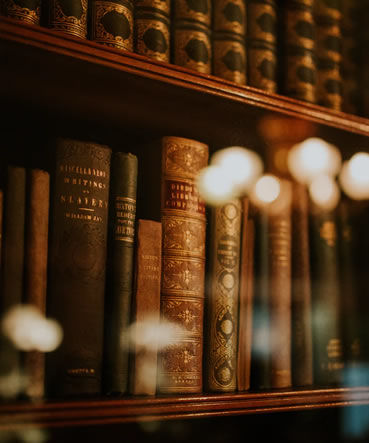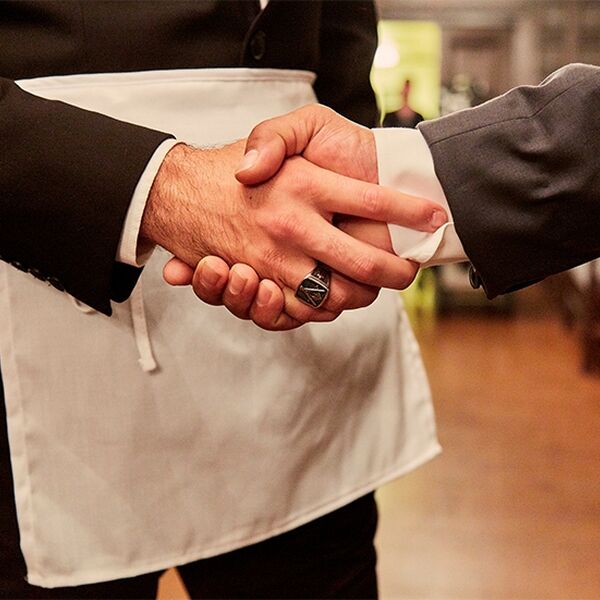Vero Beach Masonic Lodge No. 250 F.&AM
Making true friends,
Improving ourselves, having an impact.
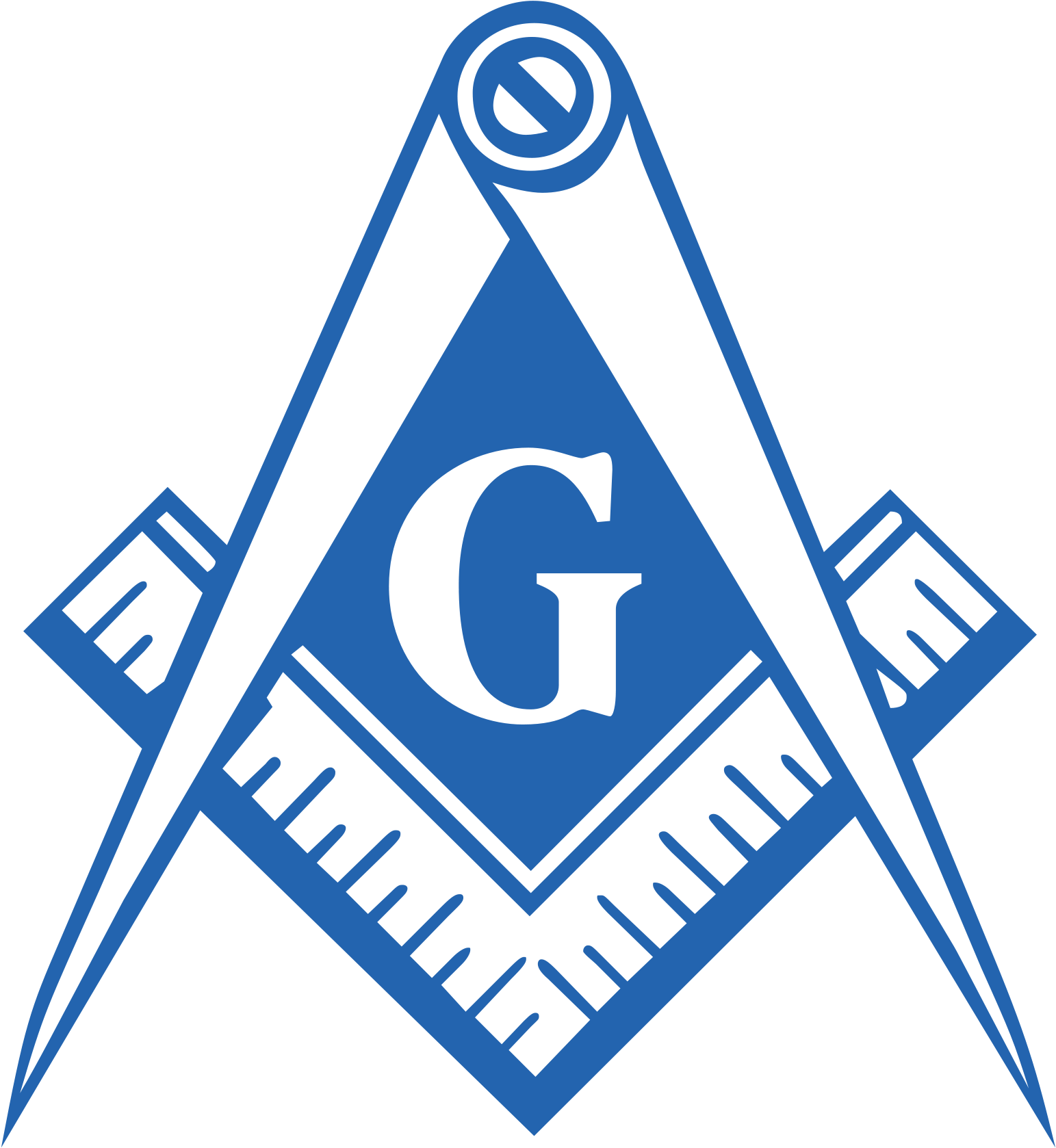
100+
Years serving the Vero Beach community
What is Freemasonry?
Brotherly Love. Relief. Truth.
A Freemason is committed to bettering himself, his community, and the world. He is on a journey of self-discovery believing in something greater than himself, a journey in which he will be supported by other good men.
Become the best version of you. Answer the call. Begin the journey.
REWARDS OF BEING A FREEMASON
MAKING TRUE FRIENDS
Masonry is a community of men and their families who share similar beliefs and values. The fraternity finds it important to connect with other men of honor, compassion, love, trust, and knowledge, regardless of their race, color, religious beliefs, political views, sexual orientation, physical ability, citizenship, or national origin. We are friends and brothers, and are connected through this vital and uplifting organization of moral men.
IMPROVING OURSELVES
Our continuing pursuit of truth, knowledge, ethics, and leadership skills makes us better men and brings more meaning to our lives. Learning the tenets of Freemasonry, paired with being an active part of our community, gives us the opportunity to develop leadership and organizational skills, and builds self-discipline through commitment and self-confidence.
HAVING AN IMPACT
As a member of the Freemasons, the Grand Lodge of Florida, and Vero Beach Lodge No. 250, we are a part of a worldwide organization that values tradition, history, and timeless wisdom. The traditions and core values of our fraternity are meaningful today and will endure for centuries to come because of our direct impact in our community, through our charities, and on a personal level.
WHAT WE BELIEVE
The core ethical principles of Freemasonry are about compassion and tolerance for all mankind. Freemasons do not use their position in the fraternity to advance an agenda, whether it be political, professional, religious, or secular.
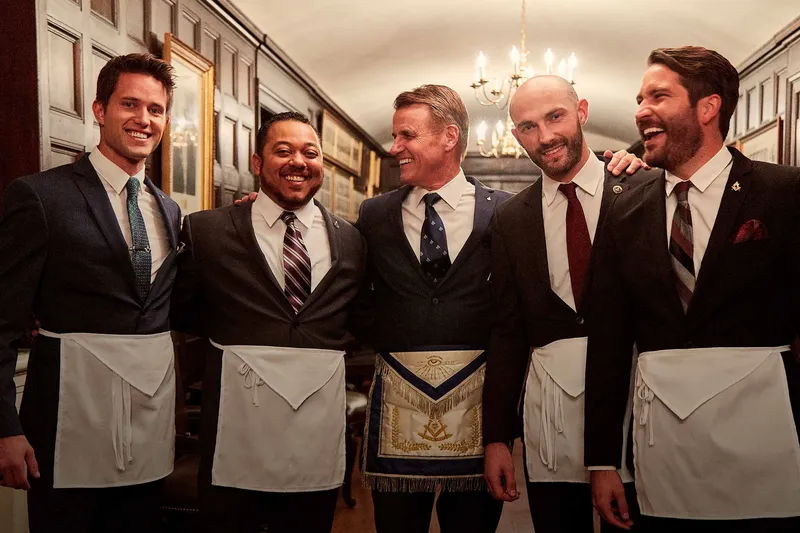
Freemasonry
WHO WE ARE
A Freemason is a man who has taken an obligation to uphold our timeless principles of Brotherly love, relief, and truth. Beyond these basics, being a Freemason means so much more. A Freemason is a man who is committed to bettering himself and his community, having taken a solemn vow to help and mentor his Masonic Brothers do the same. A Freemason is a man eager to be part of something bigger than himself, with a reverence for history, compassion inhis heart, and a desire to create a better future.
There are three degrees in Freemasonry: Entered Apprentice, Fellowcraft, and Master Mason. Most men advance to the level of Master Mason, some over the course of months; others may accomplish this goal over years. But once a man has taken his first obligation as an Entered Apprentice, he is, once and forever, a Freemason.
Masonic Journey | Our Degrees
The experience of becoming a member of a Masonic lodge is divided into three ceremonial stages known as “degrees.” These three degrees are loosely based upon the journeyman system, which was used to educate Medieval craftsmen. At each educational stage, a craftsman was required to achieve proficiency before moving to the next stage. Symbolically, the degrees represent the three stages of human development: youth, manhood, and age.
Masonic Degrees

FIRST DEGREE
ENTERED APPRENTICE
As a candidate’s first experience with the ceremonies of the fraternity, this degree is intended to be an introduction to Masonry. It is, like all Masonic ceremonies, a solemn and meaningful event. The Entered Apprentice is entrusted with secrets of the Masonic Order, which are all moral and ethical in nature, and is expected to honor them in accordance with Masonic law.
Once a candidate completes the Entered Apprentice degree, he takes his first step as a Freemason and enjoys the title of “Brother.”

SECOND DEGREE
FELLOWCRAFT
Fellowcraft is a term used by the ancient Guilds of Operative Masons that refers to skilled members of the craft – a literal ‘fellow of the craft.’ Within Freemasonry, the Fellowcraft references a more advanced search for Masonic wisdom, symbolism, and philosophy. For skilled craftsmen, this degree would have marked a person’s progress from an apprentice to a journeyman, which brings with it increased responsibility, learning, and work. Once completed, the candidate may advance to the third and final degree.

THIRD DEGREE
MASTER MASON
The third degree symbolizes man’s maturity in life or age and his increase in knowledge and wisdom. The last of the lodge ceremonies, the Master Mason degree completes the initiation ceremonies into the fraternity, and the new Master Mason may enjoy both the rights and responsibilities of membership. A Master Mason has the right to visit lodges throughout the world, sharing in fraternal fellowship with like-minded men who now share a common bond.
The Origins of Freemasonry
In the Middle Ages, the term “freemason” was awarded to highly skilled stonemasons who were hired as free agents to build castles and cathedrals in England and Scotland. Because of the inherent danger of their work, stonemasons formed local organizations, called lodges, to take care of sick and injured members as well as the widows and orphans of those who were killed on the job. Eventually, men who were not skilled stonemasons wanted to join the group for the many advantages it offered. These men were known as “accepted masons.” This is how the group began to shift from a craft guild to a fraternity.
The first Grand Lodge of Free and Accepted Masons was established in 1717 in London. In 1718, English Freemasonry spread to France and Spain, and after 1729, to India, Italy, Poland, and Sweden. Freemasonry spread to other parts of Europe and eventually made its way to the American colonies. In 1733, the first American lodge was established in Boston, under the authority of the Grand Lodge of England. The United States now has grand lodges in all 50 states and the District of Columbia.

1959 14th Ave, Vero Beach, FL, United States, Florida
